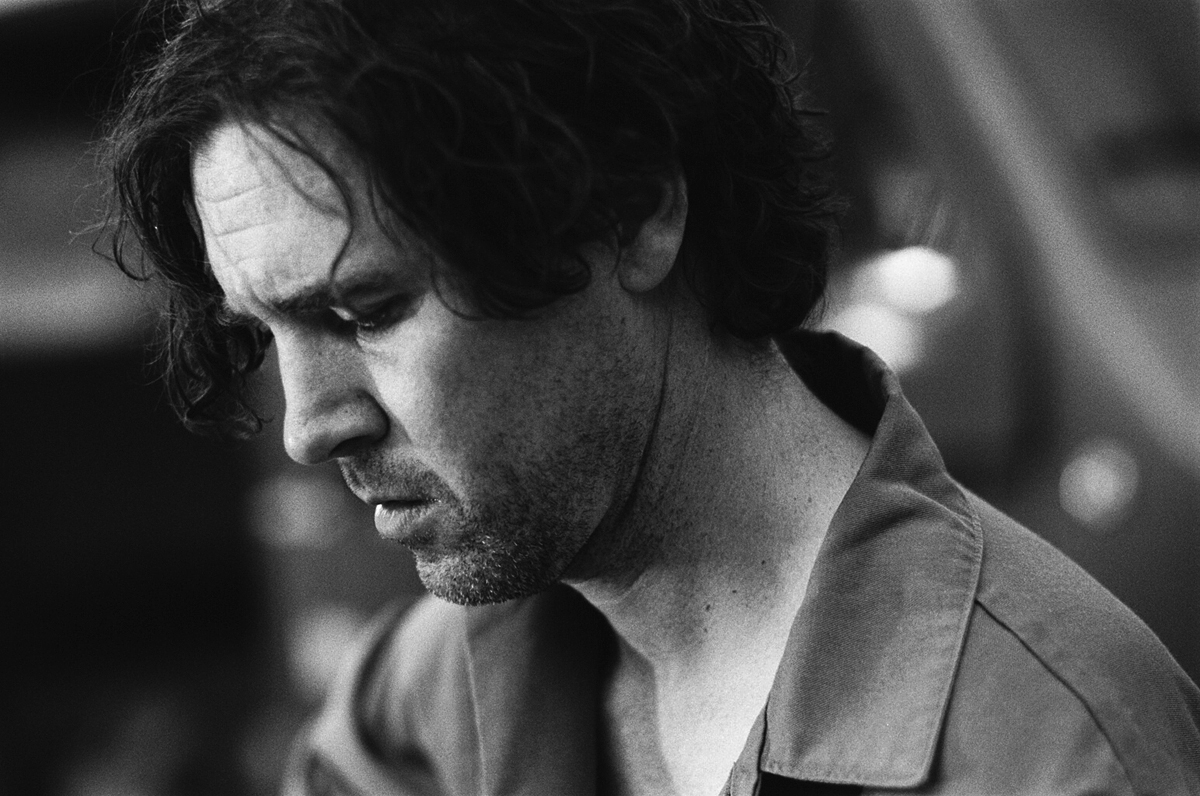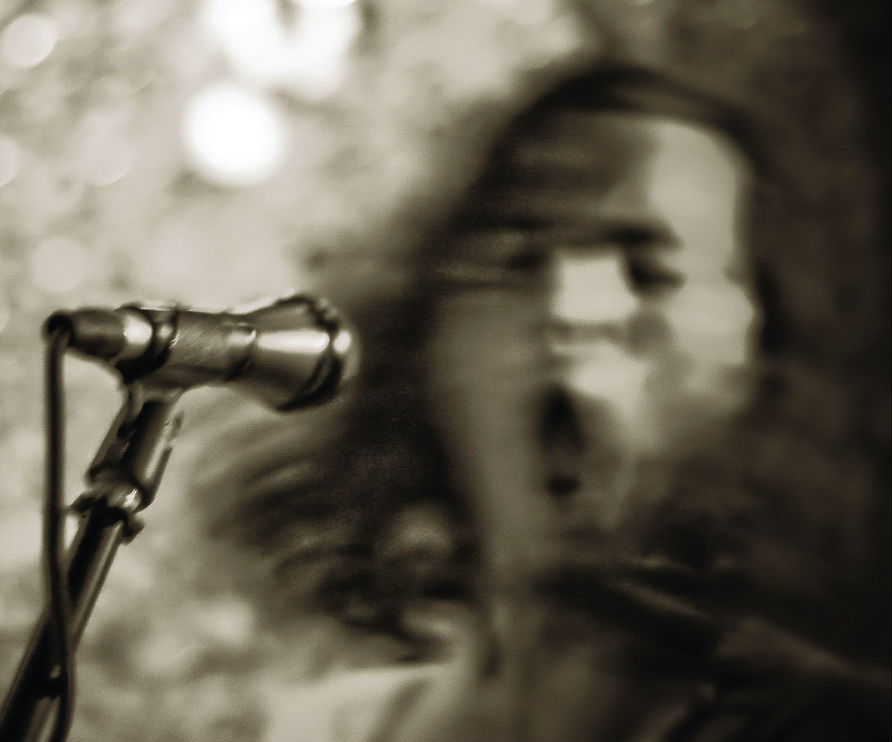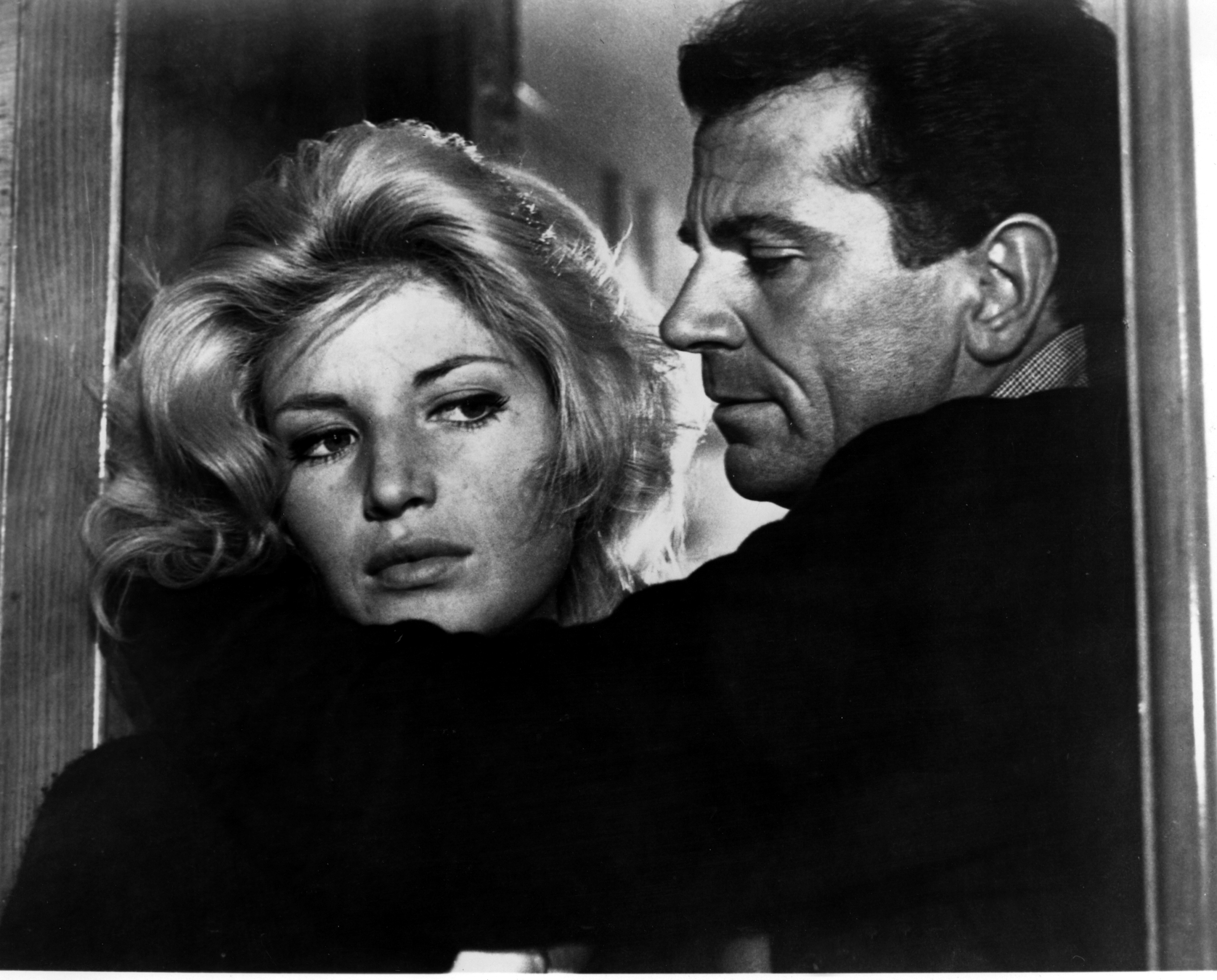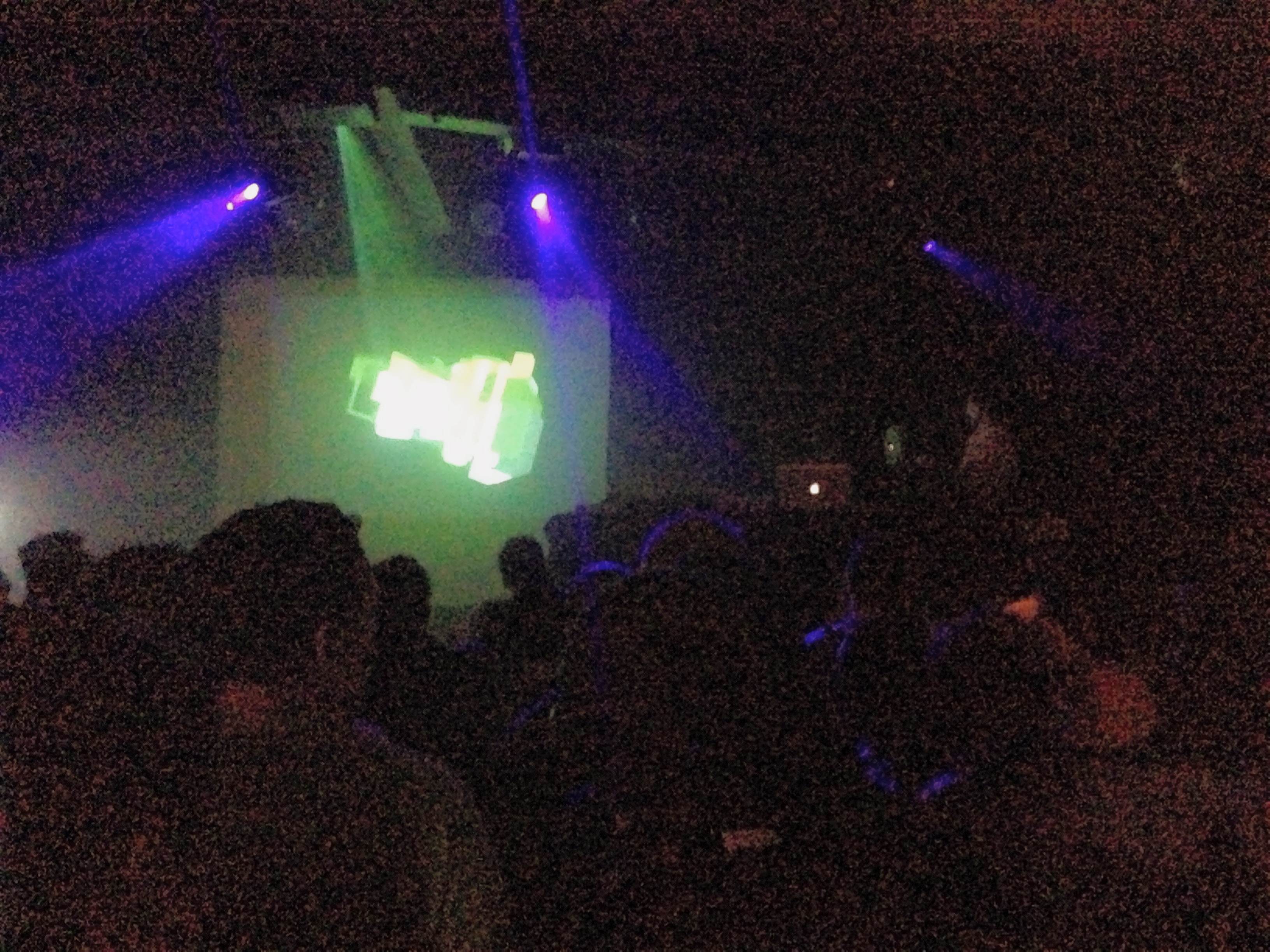Over the past eight months, I’ve listened to and written about more than 800 bands.This includes locals, out-of-town touring acts, openers, headliners, rappers who hawk CDs on street corners, bar bands with poorly recorded Bandcamp demos, and multiplatinum-selling pop stars with major-label deals. It includes punk rockers at the Blue Moon, dubstep DJs at WaMu Theater, and bluegrass ensembles at the Tractor Tavern.I review a half-dozen or so records every month for Reverb Monthly’s “Every Local Release” feature (we reviewed hundreds of local releases in these pages in 2012; reread them all at seattleweekly.com/reverbmonthly), but the bulk of my listening this year has come through writing the majority of the Weekly’s Seven Nights music calendar. You’ll find it in the back of the music section every week, with the bands grouped by day and each show accompanied by a 10-to-50-word synopsis, the venue’s address, and a ticket price. It’s certainly not glamorous work; in fact, it’s unbylined. You could also make a strong case that, considering the less-than-robust health of newspapers, print music calendars will soon be obsolete. That would be a shame, because writing the music calendar has reconnected me to the most fundamental aspect of music writing: listening to it.In 2012, music writing is largely about perpetuating narratives. To borrow a phrase from Hipster Runoff, some of the year’s biggest stories involved “human memes” like Lana Del Rey, Amanda Palmer, or Riff Raff, whose extramusical theatrics firmly outweigh their artistic offerings. In September, thousands of bloggers dedicated thousands of words to excoriate Palmer for her ethically dubious choice to recruit amateur musicians pro bono in each city of her tour rather than pay a professional backing band. Far fewer writers bothered to weigh in on her album Theatre Is Evil, released the same month in a top-10 Billboard debut. Or consider an artist like Frank Ocean, whose very good but nowhere-close-to-transcendent channel ORANGE has been discussed, analyzed, and think-pieced into oblivion. It’s also the closest thing this year has to a consensus best album, garnering praise as much for Ocean’s claustrophobic, self-exploratory take on R&B as for his backstory: Shortly before the album’s release, he announced that his “first love” was a man, a nearly unprecedented move for a major star in the notoriously homophobic world of hip-hop. It’s reminiscent of Kanye West’s My Beautiful Dark Twisted Fantasy, which became the closest thing 2010 had to a consensus best album, based on the widely held belief that ’Ye finally overcame his massive id to make great art. Less important was the question of whether the art itself actually was great. The current music-writing climate—the network of mp3 blogs, Bandcamp, Facebook pages, Soundcloud, Tumblr, and the websites of now-defunct print magazines—provides a fascinating paradox. Now more than ever, the Internet makes it easy to access and evaluate a band’s music on its own merits. (I can’t imagine how much harder it must have been to compile a calendar even as recently as 10 years ago.) But it also makes it easier than ever to plug into the echo chamber—the countless “reaction” blog posts and ersatz cultural analyses—and tune out the music itself. Of course, context is key in criticism, and this isn’t meant to sound like a freshman lit major’s formalist diatribe about how art must be assessed in a vacuum. But too frequently, context is an excuse to sidestep the kind of analytical deep listening that should be the foundation of music criticism, and I’ve been as guilty of this as anyone. That’s where the calendar comes in. Every week it requires me to listen to bands for whom no critical consensus exists, bands with nothing but bare-bones Facebook pages (or too often, regrettably, ReverbNation pages) where the music is the only thing on which to base my opinion. In short, it’s re-emphasized the sort of work I’m supposed to be doing as a music writer, while refuting the idea that a band must have a certain amount of cultural cachet to deserve a write-up. Seven Nights has also turned me on to Seattle’s underrated musical diversity. Right now the national music scene recognizes Seattle for reverent folk and positive-vibing hip-hop, but there’s far more going on here. Each week I come across acts that play no-wave sludge punk, jazz/funk fusion, experimental electronica, and countless other niche genre constructs. When I started writing the calendar in April, I was worried that I’d end up writing about an endless cycle of the same bands playing the same venues. That hasn’t been a problem, and likely won’t be: According to a recent study from Richard Florida at The Atlantic Cities, Seattle has approximately 37,224 bands, the ninth-highest number of any U.S. metropolitan area. One could quibble with Florida’s polling method (MySpace data from 2007), but the results are impressive. More important, it puts the work I’ve done into perspective. Eight hundred bands is but a small snapshot of our city’s music—a minuscule one, really, when I consider my blind spots: I don’t cover jazz adequately, I too often overlook smaller clubs, and I ignore classical music entirely. So in 2013, expect the calendar to broaden its coverage to better reflect Seattle’s music scene. As for me, I’ll let listening be my guide.music@seattleweekly.com
The Writer Is Listening
We could all stand to spend more time listening to bands, not the echo chamber.







